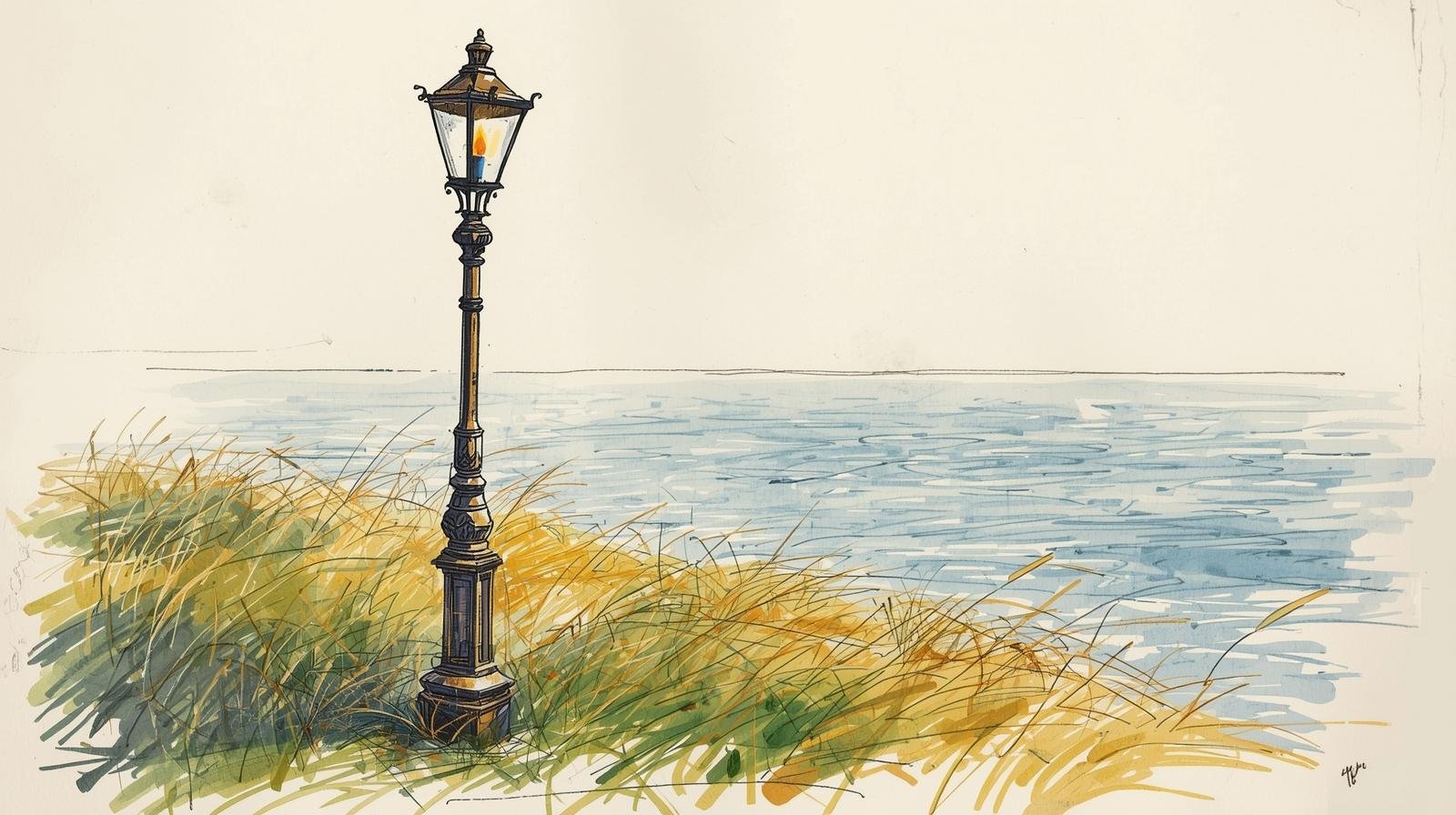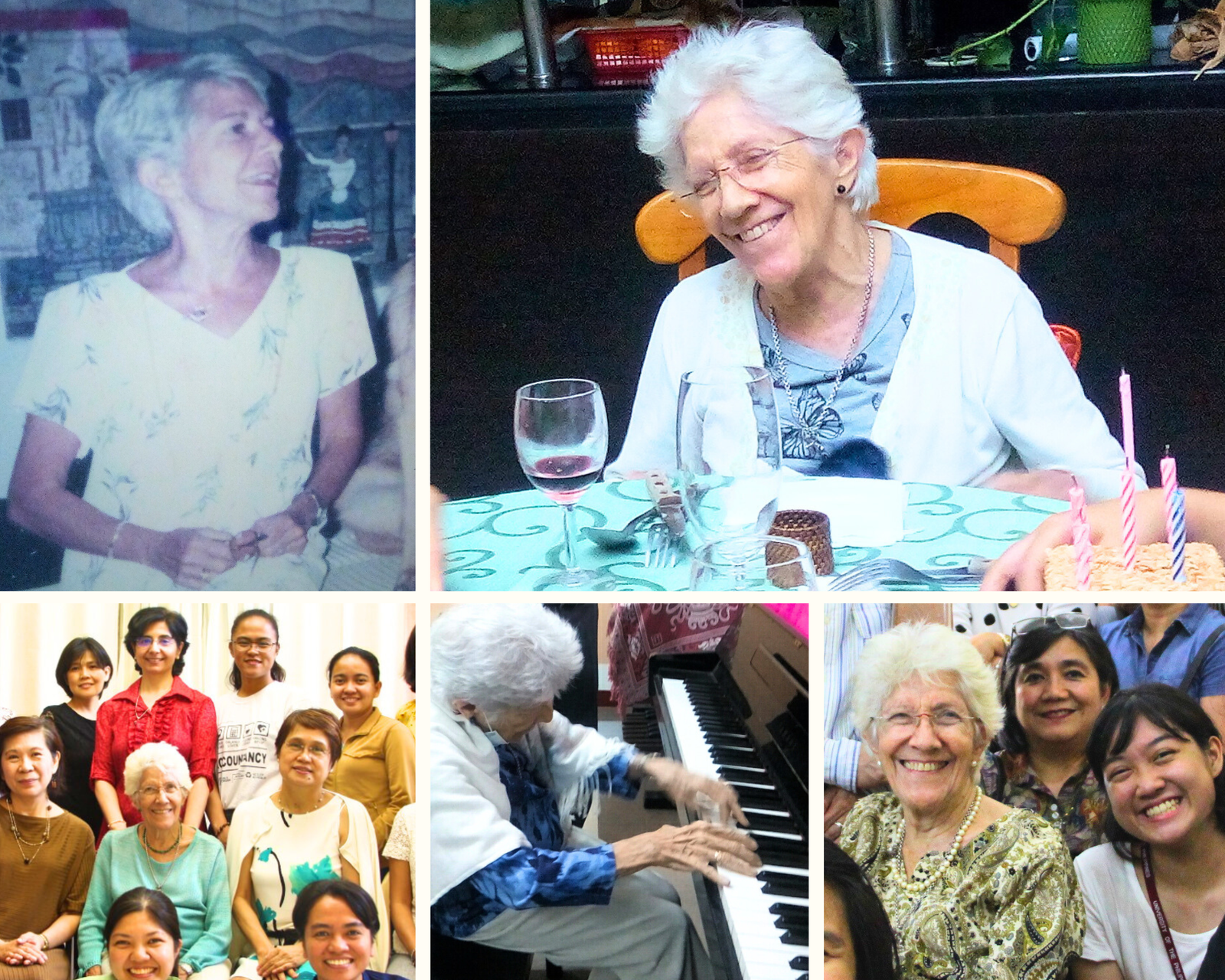By F. Luis Casasus, General Superior of idente missionaries
Commentary on the Sunday Gospel of 08-04-18 Second Sunday of Easter (Divine Mercy Sunday). (Acts of the Apostles 4:32-35; First Letter of John 5:1-6; Saint John 20:19-31)
Some people do not believe in mottos or slogans. Of course, it has to be useful as a personal reminder and/or as a tool for transmitting a message and to engage with people. Perhaps the great German mathematician Carl Friedrich Gauss did not always properly used his motto, Ut nihil amplius desiderandum relictum sit = That nothing further remains to be done. When he was interrupted in solving a problem, and told that his wife was dying, he reportedly replied: Tell her to wait until I am done.
In another context, some companies and enterprises are well known for their mottos. One of the most successful: Just Do It! (Nike). And of course, academic institutions and countries have their official slogans as well.
In spiritual and religious life, a motto is also relevant. In Jesus’ time, they did not have this concept, but Christ himself summarized many times his own mission, the goal of his coming into the world in very few words: To serve and not to be served…To heal…To seek and to save the lost…To show us the Fathers’ love…
For some good reason, our Father Founder gave us a three-words motto, Believe and Hope, encircled by the golden ring of Charity. This is a clue to take notice of the meaning and the extent of Faith and Hope. In the Gospel text this Sunday, Jesus praises those who believe without seeing and, by the way, Pope Benedict XVI says in Spe Salvi that Faith is the substance of Hope. Both Faith and Hope can also be seen as conditions on the possibility of charity, bestowed by an act of God’s grace.
Let me propose a marine metaphor: Faith is the rudder and hope is the sail. This illustrates the fact that both are dynamical and interactive. It is difficult to think of faith without hope and vice versa. The two gifts are as inseparable as the Cross and God’s love. They are more than traits of a personality, but essentially gifts, fruits of the Holy Spirit (Gal 5:22-23) which we have to accept and to which we must respond.
What do we have to believe in? We all know the answer: it is not to believe in something, but in someone, in the person of Jesus Christ. But these cannot be just carefully crafted empty words. If you say you believe in Jesus Christ, then should not your actions follow? How can you say you follow him if you never make an effort to actually follow him with your decisions and behavior? Saint Paul speaks today about this point with his direct style: In this way we know that we love the children of God when we love God and obey his commandments.
In our Ascetical and Mystical Examination, the first thing we declare is our response to the gift of Faith (Recollection) and to the gift of Hope (Quietude). This is because faith and hope are conditions on the possibility of charity. If we exploit our previous marine metaphor, we should remember that the love of the Holy Spirit is conceived and represented as the wind on our sails. Do I have my sail unfurled?
The first (and permanent) indication of our usually incomplete reception and response to the gift of faith is the useless, negative or obsessive nature of our thoughts. We have to be careful; even Gandhi, with his great spiritual insight said that a man is but the product of his thoughts. What he thinks, he becomes.
On the other hand, from a positive perspective, faith implies to believe in what we have at our hands; to believe that continuously we are given a mission. This explains why Pope Francis described the Church as a field hospital, tending to the sick and wounded on the battlefield. He is drawing us to pray and serve, to encounter the reality of suffering in our day. Little by little, we receive the heart and the mind of Jesus, able to diagnose the worries and hopes that reside in heart of every person. So, the four following questions seem to be natural:
Do you believe in this mission?
Do you believe that this healing is indispensable and urgent for each and every of our neighbors?
Do you want to heal your wounded enemy?
Are we truly stepping out into the battle and meeting people where they are, getting to know their pain, their struggle, their suffering and walking along the path with them?
If we really wish to help to heal others’ wounds, we must accept the fact that we too are deeply wounded. This is one of the fruits of the Sacrament of Reconciliation and our spiritual direction in common. And this is why Pope Francis remark about the Holy Eucharist is so true: The Holy Communion is not a prize for the perfect.
There is a natural human tendency to feel unworthy in the presence of the Lord. When St. Peter first meets Jesus and realizes who he is, he kneels in front of him and says: Depart from me, for I am a sinful man, O Lord. But rather than leave him, Jesus instead calls him to be an apostle.
Perhaps, the first thing to do is to see the prodigal son, the lost sheep, the difficult persons and our enemies as wounded and sick beings. Mostly, because they (we) are not at home This reminds me the Hospitals which were set up for pilgrims in the Way of Santiago (also in the Holy Land and Rome) These were needed not only because the road was so hard and dangerous, but because so many people making the pilgrimage were ill when they started. Disease was part of life, arising from unsanitary conditions and poor diet. But internal and external sickness is, today and always, an unavoidable part of our lives.
As Paul encouraged to the Corinthians: Be steadfast, immovable, always abounding in the work of the Lord, knowing that your labor is not in vain in the Lord.
Firstly, because the Holy Spirit will do his part (which can always be called a miracle). If you in faith surrender yourself to His control, the Spirit will testify, as Saint Paul tells us today.
We all remember the story of the poor old widow who gave up two little coins, everything she had, for others. Possibly, the most significant detail is that the poor widow herself does not notice anything, neither the fact that her gesture has been praised. Jesus says nothing to her. the gratuitousness of her gesture becomes even more evident. Jesus shows his disciples this woman who does not know about her greatness. He recommends to them the abnegation of those who do not act in order to be praised by men. This image will be impressed upon their hearts and they entered more deeply into Jesus’ way of seeing: Then the righteous will shine forth like the sun in the Kingdom of their Father (Mt 13:43). In heaven, there may be some surprises. The most exalted places of honor may be filled by simple souls whose work in this world was hardly ever noticed.
Secondly, because with every small effort, like rejecting a negative thought or a lustful look, has always a divine response: a new and encouraging sign of confidence, a new mission that will come not long afterwards. This was the case for the first disciples, to the extent that they were able to do what their Master could not. For instance, Thomas traveled to the East to spread the gospel through Parthia, Persia and India. James preached the gospel in Iberia (today’s Spain) and both suffered martyrdom.
In other words, the divine and human experience is that he who does well and makes every effort with what little he has at the beginning, will also do well and continue to try hard if he is given much more (Lk 16: 10).
And just the opposite is also true. He who is unjust in small matters is also going to be unjust in bigger matters. This person thus cannot be trusted to be allowed to have anything else, and God is not going to trust this type of individual with any additional missions.
John tells us the reason why he wrote his gospel: That you may believe that Jesus is the Christ, the Son of God, and that by believing you may have life in his name. John wrote his gospel to people like you and me, who never saw Jesus himself. Those who received John’s gospel never had the opportunity to see his miracles. They never got to hear what Jesus said. But John wrote down everything so that people would hear about who Jesus was, so that they might believe in him and that they might have life in him.
There are two kinds of doubters: those who have honest questions and want to believe and those who want to argue. Thomas has a tendency to doubt, but he wanted to believe. This is true openness. Other people hide behind their doubts. They have made up their minds not to believe and to constantly impose their selves on others, but they feel need to keep asking questions so they appear to be open minded.
Saint Thomas Aquinas affirmed that to one who has faith, no explanation is necessary. To one without faith, no explanation is possible.
True faith is more than simple expectation. But expectation and faith share similar properties. For instance, both are contagious, really infective:
There is a story often attributed to Robert Louis Stevenson of a ship caught in a dreadful storm off a rocky coast. The hurricane winds, driving rain, and heaving waves threatened to drive the ship and its passengers into destruction. In the midst of the terror, one daring man pulled himself up the slippery stairs of the ship’s hold to the deck, fearful of what he’d see. The ship tossed steeply; creaking and cracking pierced the steady whoosh of the angry sea. The moonlight in the heavy rain did not allow much vision, but the sailor held fast and gazed across the deck to the wheel of the ship. There he saw the pilot at his post gripping the wheel strongly, and bit by bit steering the ship out to sea. The pilot spotted the terrified spy and gave him a smile. Impressed, the passenger returned to the hold and sounded the news: I have seen the face of the pilot, and he smiled at me. All is well.
This day is also called Divine Mercy Sunday. We celebrate the power of divine and human mercy. Human beings are not converted simply by preaching and doctrines but by the concrete experience of God’s mercy and compassion.
This Mercy is shown spectacularly when the disciples were together, with the doors locked, and something extraordinary happened. The one whom they ran from on the night of his arrest is now standing with them. Can you imagine the scolding they could have received? Instead Jesus says: Peace be with you!
Later, Jesus did not condemn Thomas; on the contrary, He speaks of the belief of Thomas and praises those who can believe without seeing. As a wise and merciful spiritual master, He gave Thomas what he needed at that moment of his life, taking advantage of the opportunity to teach to us all an important truth through Thomas’ words: you are My Lord and my God, not just my beloved friend and master Jesus. We use these words quietly at the consecration od the bread and the wine, when we believe that they become Christ’s body and blood. We cannot see Jesus, but we believe that He is really there.
A last thought. when Jesus appeared to the group, St. Thomas was not there. Therefore, he was not able to enjoy Christ’s presence. What was Thomas doing when Jesus appeared to the community of disciples? We will never know. But we know that what he did was he left the group. He detached himself from the community. So, when we are sad or are discouraged of our neighbors, perhaps after a scandal or a misunderstanding, we should not detach ourselves from the community. The presence of Christ always comes within our Christian community. And the first reading is a glowing example of this
Many feel that God has abandoned them in their difficulties, suffering, failures in study and work, illnesses, family conflicts, or the challenges of looking after elderly, demented parents and those with sicknesses.
So where is the mercy of Christ? The primary cause of atheism in the world is the experience of suffering and the lack of encounter with the mercy of God.
The joy of Easter does not mean that we have no problems, sufferings or challenges in daily life. Rather, it comes from feeling that God is with us in our difficulties: I will be with you till the end of time. Our continuous and varied experience of the action of the Holy Spirit confirms that Jesus fulfills his promise.
Moreover, He made us emissaries of His forgiveness and peace: As the Father sent me, so am I sending you.
But the greatest proof of His mercy is Christ’s Resurrection, by which we know that His and our suffering will not end in tragedy or meaninglessness.












